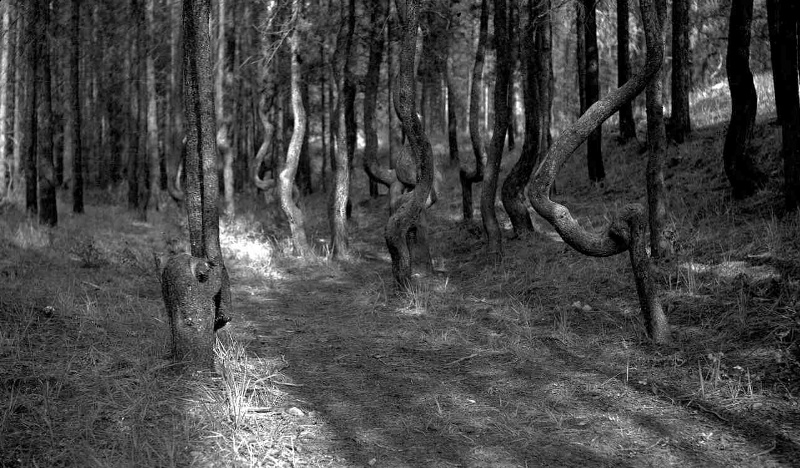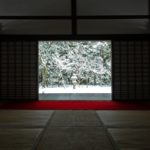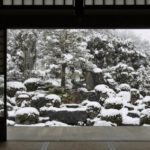Here is an extra post adding one more look into Kokinshu to the “Lyricism of Kokinshu” series. Some unique poems from the anthology are distinctive in their choice of subjects and their techniques, but this one is absolutely different from the other 1110 poems. It’s a modern (or post-modern) perspective on a sense of home and a state of being a modern vagabond that makes this waka exceptional.
古今集シリーズに、今回もうひとつの和歌を付け加えようと思います。古今集の中でも独特な和歌は、その主題や技巧が特徴的ですが、今回ご紹介する和歌は、古今集1111首のなかでも際立っています。近代的な、あるいはポストモダン的な、”home”観、そして現代のバガボンド感も漂うのです。
よのなかは いづれかさして わがならむ いきとまるをぞ やどとさだむる
yononaka wa idureka sashite waganaran ikitomaruwozo yadoto sadamuruWe all try to find a place like home
In this world, into which we were all thrown,
Wherever I am, wherever I roam,
I will ground myself in a world that I call my ownLiterally:
Is there any place in this world that I can call home? Well, I’ll make a home wherever I get.
この世の中の一体いずこも 自分の居場所と定められようか 行き着いた先どこをも居場所としよう
A modern vagabond. The One who won’t stay at one place but stray. The one who won’t seek a perfect location but establish themselves anywhere they get. Though many people still try to secure a physical environment where they could settle down, seek for a community they would thoroughly conform to, we live in a time where institutionalized certainties no longer guide us, or everything has arguably become questionable and questioned. General mobility and frequent travel mark our time. Think about our career, our position and our role to play in society. People are always on the move. We are, in a sense, all wanderers.
現代のバガボンド。ひと処にとどまらず、さすらう。居場所を求めるのでなく、行き着いたところを居場所とする。身を落ち着ける物理的環境や、自分らしさの城としてのコミュニティや共同体、そういったものを求める人はまだ多くいます。しかし、制度と確立した何かを求める近代は終焉を迎え、確固としたものはないのがポストモダンとしての現代なのです。誰しも何らかの変化を伴う生活、旅行にでかけることも頻繁、それが現代の暮らし。キャリアにしても、社会的立場・役割にしても。我々は常に変化している。そういう意味では、あらゆる人が移動の民。
Criticized for bringing about fragmentation of interests and distractions, alienation and disillusionment, and fragmentation of society and individuals, the modernized world is still getting smaller and smaller. The speed with which communication takes place allows our identities to be more multidimensional. Whatever self you believe you are supposed to be, you undergo constant exposure to different ideas and experiences, and your sense of self also undergoes constant revision. Take on an ever-changing world, and you learn to choose your own fate. Having a “home” is now something never to be taken for granted.
確かに、多様化する興味や娯楽、幻想と幻滅、断片化した社会と個人といった側面が取り上げられてきましたが、世界は確実に狭くなっています。コミュニケーションや情報伝達のスピードの速さが、拠り所としてのアイデンティティが多様であることを可能にしています。自分はこうだと決めつけたとしても、外界との接触により多くを吸収して、自分自身も変化していく。変化を受け止めて、自分で運命を選び取っていくということになります。その意味で、居場所とはあって当たり前のものではないのです。
This anonymous poem, written more than 1000 years ago, sings out that kind of determination. Why not wrap up the Kokinshu series here and in the next series of posts take a further look at the theme: Home.
このよみ人知らずの和歌は1000年以上も前に、そういった世界に生きる決意表明をしているのです。古今集の世界を離れ、次回以降しばらくは、この”Home”というキーワードについて考えていきたいと思います。
| Strongly Related Moon Palace: In Search of Home |






